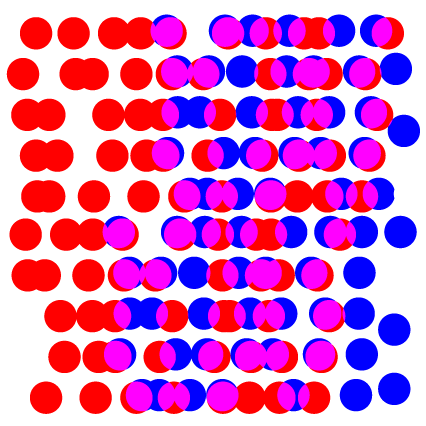
This paper is about poetry as a vehicle for imparting knowledge in natural philosophy. It discusses the epistemological and cultural background against which early Greek thinkers such as Parmenides and Empedocles composed in verse, and it explores the rationale why poetry was thought to be a preferred means for transmitting important and often non-discursive knowledge about nature—in other words, how poetry was meant to make “a philosophical theme audible,” to prompt an insight that organizes a large field of experience. Much later, related assumptions find a (last) heyday in Goethe’s attempt to write a Naturgedicht in the vein of Lucretius. Even though new insights especially from classical German philosophy influenced Goethe, his reasons for writing nature poetry show striking continuities with those of his ancient peers. The paper ends with a brief look at later attempts to “make philosophical themes audible” in the context of an ever-increasing fragmentation of knowledge.
The Article is available at the Journal Website
Symphilosophie 5(23). 301-337.